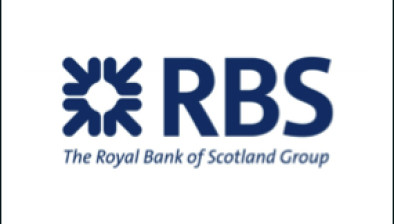RBS: Scottish labour market struggles with prolonged downturn

Scotland has experienced a continued deterioration in permanent staff placements during March, according to the latest Royal Bank of Scotland Report on Jobs survey.
The survey, compiled by S&P Global, shows that while the rate of decline eased from the previous month, the number of people placed into permanent roles fell rapidly. Demand for both permanent and temporary workers also deteriorated sharply, continuing an eight-month trend.
Scotland’s “executive and professional” sectors experienced the fastest drop in temp staff demand during March, with hotel and catering affected second-most.
Notably, pressures on salaries and hourly wages were historically muted, with the former recording the weakest increase in over three years. This was attributed to fewer vacancies, companies looking to cut costs and increased market uncertainty.
The survey also revealed a sixth consecutive monthly rise in temporary candidate availability, linked to projects coming to an end. However, the rate of growth softened to a five-month low and remained modest overall.

Sebastian Burnside
Sebastian Burnside, chief economist at Royal Bank of Scotland, commented: “The Scottish labour market continued to exhibit weakness which has now existed for the most part of the last one-and-a-half years.
“Latest survey data highlighted that uncertainty regarding the outlook and firms looking to cut expenses impeded hiring activity. Additionally, demand for both permanent and short-term workers worsened for the eighth successive month, with recruiters recording fewer jobs available across Scotland.
“Meanwhile, though scarcity of suitably-skilled labour drove a further increase in permanent starting salaries during March, worsening hiring conditions meant pressures on pay eased.
“The rates of both starting salary and hourly wage inflation trended below their respective long-run averages.”










